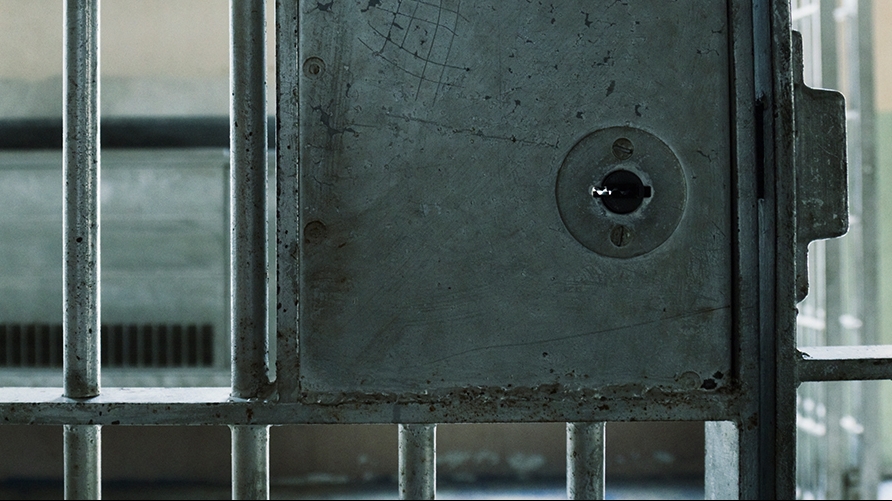By Josh Moon
Alabama Political Reporter
A new prison bill made its anticipated debut Tuesday, but by the time it hits a Senate committee on Wednesday, it’s likely to have some company in the House.
The new bill, which is sponsored by Sen. Cam Ward, removed the State from most of the process, allocating just $100 million – a far cry from the original $800 million proposed Gov. Robert Bentley and Ward – and makes that amount available only if two municipalities obtain bonds to build two facilities.
That’s a total overhaul from the original, 4-prison plan that started the debate. Most of the changes have occurred due to significant criticism from seemingly every corner of the State over the bidding process, site locations, total costs and effect on current prisons.
“You’ve got to have votes (to be able to pass a bill),” Ward conceded. “This is how you get them.”
That’s not set in stone, however.
Before the ink dried on the new bill, there were already concerns about certain portions – particularly whether most counties had the borrowing capacity to obtain the necessary bonds to build two prisons and questions about the bidding language in the bill.
Additionally, a large group of at least 16 county sheriffs remain unhappy with the plan because it would ultimately hurt the county facilities that they operate.
The sheriffs’ group has the attention of the House rural caucus – a group of lawmakers primarily from small towns around the State – who will meet early Wednesday to formulate their own plan.
The central theme of that plan is that a broad approach, with multiple county facilities, would be more cost effective, easier to manage and better for all involved, including the prisoners. In addition, that plan would allow the state to reinvest the money it saves into hiring more corrections officers and re-establishing the State’s mental health facilities.
Given the problems with the bills offered so far by Ward, which he’s mostly carried on behalf of others, the rural caucus plan could have a shot. Sources familiar with the negotiations that led to Ward’s new bill said even he – along with other Republicans who were present at last Thursday’s caucus meeting – was skeptical of the bill’s plan to dump the responsibility on local governments.
The primary issue is that while it complicates funding on the front end, it also still obligates the state to just as much money – up to $13.5 million per year, per facility – on the backend, making it just as expensive, and possibly more so, than if the state simply built the prisons. The state also would be responsible for staffing and operating costs.
“They don’t want to take on the debt,” Ward said when asked why Republican lawmakers were leaning towards the new plan.
Oddly, the lawmakers backing both the $100 million plan and the rural caucus plan believe that the talk of a federal takeover because of Alabama’s overcrowded prisons is overblown. Instead, they believe sentencing reform has significantly reduced the populations to a point that a federal takeover is out of the question.
Numbers worked out by the rural caucus show the actual number of prisoners in State-operated facilities by 2020 – the year the first prison could house prisoners – could be less than 16,000. That’s down from more than 27,000 just three years ago.
Those numbers are achieved by utilizing the beds currently available at county facilities, increasing electronic monitoring for some prisoners, purchasing and renovating the 3,000-bed private facility in Perry County and continuing renovations at Tutweiler prison.
In theory, that would leave the State on the hook for only a fraction of the costs currently being debated and would allow for money to be spent on mental health care and new corrections officers.
“It’s a better plan than any I’ve seen so far, because it addresses the actual problems we have,” one lawmaker said. “Facilities is only a small part of our problem. Until you address mental health and understaffing, we’re lost.”



















































